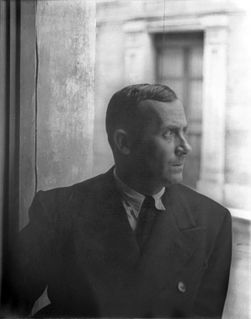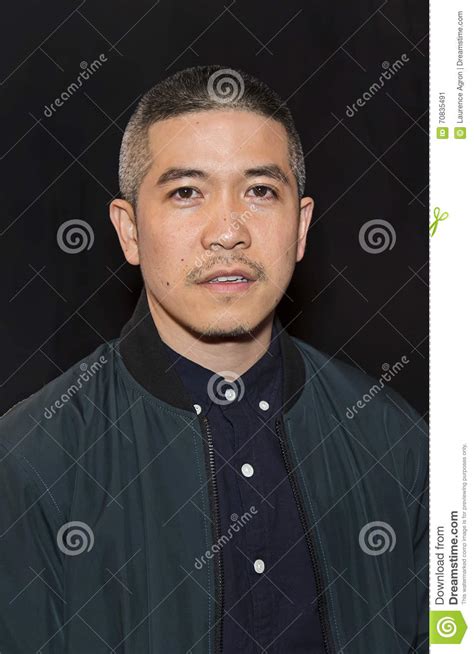A Quote by Henri Matisse
The whole arrangement of my picture is expressive. The place occupied by the figures or objects, the empty spaces around them, the proportions, everything plays a part.
Related Quotes
The arrangement of the words matters, and the arrangement you want can be found in the picture in your mind. The picture dictates the arrangement. The picture dictates whether this will be a sentence with or without clauses, a sentence that ends hard or a dying-fall sentence, long or short, active or passive.
They become liberated spaces that can be occupied. A rich indetermination gives them, by means of a semantic rarefaction, the function of articulating a second, poetic geography on top of the geography of the literal, forbidden or permitted meaning. They insinuate other routes into the functionalist and historical order of movement. Walking follows them: 'I fill this great empty space with a beautiful name.'
You end up exhausted and spent, but later, in retrospect, you realize what it all was for. The parts fall into place, and you can see the whole picture and finally understand the role each individual part plays. The dawn comes, the sky grows light, and the colors and shapes of the roofs of houses, which you could only glimpse vaguely before, come into focus.
The whole material world. It doesn't actually exist. Matter is not material. It's made up of atoms that are moving at lightning speeds around huge empty spaces. So as you go beyond the appearance of molecules, you end up with a subatomic world, and if you go beyond that you end up with nothing. Nothing is the source of everything.
When buyers see the pride of ownership - when they come in, and they're impressed by how clean the place is - they can picture their kids playing on the floor. They can picture the family sitting around the table. When they can picture their own family in that space, instantly you grab them, and they'll pay more money, too.
But if you do know what is taught by plants and weather, you are in on the gossip and can feel truly at home. The sum of a field's forces [become] what we call very loosely the 'spirit of the place.' To know the spirit of a place is to realize that you are a part of a part and that the whole is made or parts, each of which in a whole. You start with the part you are whole in.







































